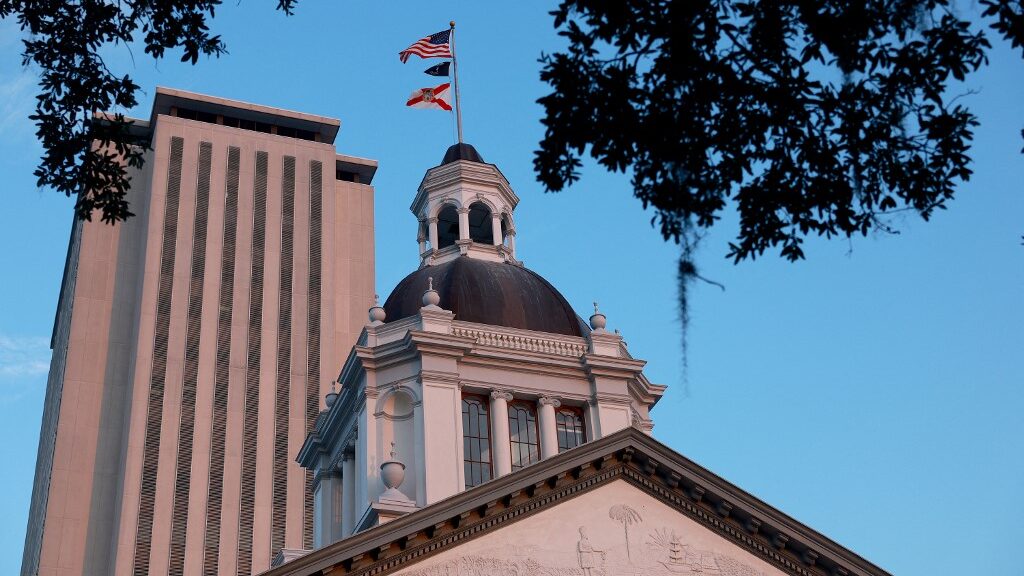
The US Department of Justice (DoJ) asserted that the Florida sports betting case initiated by West Flagler and Associates (WFA) does not merit the court’s consideration in its response to the Supreme Court. This filing represents the last stage before the court determines whether to hear the case, potentially influencing the landscape of online sportsbooks in Florida.
The Department of Justice (DoJ) attorneys, representing the Department of the Interior (DoI), stated that the validity of the Seminole-Florida 2021 compact is not a federal issue. They further argued that the compact complies with legal boundaries, and the DoI’s decision to deem it approved does not violate any laws.
The U.S. Supreme Court has not yet decided whether to hear the case, and there is no specific timeline for its decision. Historically, the Court hears approximately 100-150 cases each year from over 7,000 petitions.
What Are the Biggest Issues?
At issue is whether or not the DoI should have approved a compact that gives the Seminoles exclusivity to online sports betting. DoJ lawyers said the Florida sports betting case comes down to three issues:
- Does the compact violate the Indian Gaming Regulatory Act (IGRA)?
- Does the compact violate the Unlawful Internet Gaming Enforcement Act (UIGEA)?
- Does the DOI’s approval violate the equal protection measures outlined in the Fifth Amendment?
The Department of Justice (DoJ) asserts that the Indian Gaming Regulatory Act (IGRA) grants tribes and states the authority to determine the substance of tribal-state compacts. Furthermore, the Department of the Interior (DoI) can only disapprove a compact if it violates IGRA, federal law or trust obligations to tribes. The DoJ rejects all three proposals based on this argument.
The DoJ referenced the Michigan v. Bay Mills Indian Community decision, emphasizing that states can authorize tribal gaming operations on non-Indian lands under state law. This precedent supports the legality of the Seminole compact.
Regarding UIGEA, the DoJ noted that the appeals court found no violation, as the issue at hand was the DoI’s approval of the compact. On equal protection, the DoJ dismissed WFA’s claims as based on flawed premises.
There Is Still a Lot at Stake
The Compact DeSantis signed in April 2021 stipulates that wagers on sports betting apps within Florida are exclusively considered to have occurred where the bets are received, specifically through servers located on Seminole Tribe land. Recently, DeSantis allocated substantial funds from the compact for land acquisition, waterway protections and wildlife preservation.
SB 1638, unanimously approved during the recent legislative session, allocates 96% of compact revenues to environmental programs. This legislation represents a significant step toward environmental preservation and restoration, as highlighted by Department of Environmental Protection Secretary Shawn Hamilton.
Florida’s Amendment 3 Could Prove Pivotal
While the dispute is currently being heard in federal court, it fundamentally revolves around states’ rights.
In 2018, Florida voters passed Amendment 3, which mandates that any expansion of gaming must receive voter approval. However, Governor DeSantis and state legislators approved the compact without a voter referendum, leading to controversy and legal challenges.
WFA contends that lawmakers bypassed Amendment 3, and if the case returns to state court, this amendment will likely play a crucial role.
Now we’ll wait to see what the Supreme Court decides to do.













